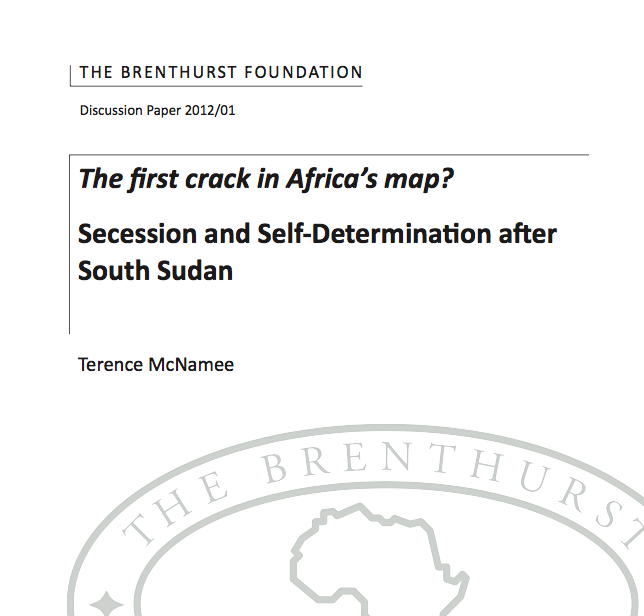Publications
The British Debate On International Development Aid - A Former Diplomat's Perspective
The United Kingdom’s Department for International Development (DfID) enjoys a reputation for effectiveness as an aid agency. Its commitment to delivering development assistance to a number of African countries is undisputed, with Africa receiving a handsome 44 per cent of all UK aid. Yet, as DfID commits itself to increasing its development aid target to 0.7 per cent of the UK’s Gross National Product (GNP) by 2013, the department has come under sharp scrutiny. In fiscally challenging times, the UK faces acute tensions between its domestic priorities and its international commitments, especially when hard questions are being asked about where and how wisely its foreign aid is being spent.
This Discussion Paper draws on the written testimony and oral evidence submitted by Sir Edward Clay, a distinguished former British diplomat, to the UK House of Lords’ Select Committee on Economic Affairs (EAC)’s inquiry into ‘The Economic Impact and Effectiveness of Development Aid’.
Clay questions the utility of the 0.7 per cent aid target, arguing that if it was reached it would produce more Official Development Assistance (ODA) than developing countries could efficiently absorb. He also examines the approach to development aid adopted by DfID and its Secretary of State. The approach fails, in Clay’s view, to meet the requirements of due accountability and transparency. He calls on DfID to be less timid in demanding action on corruption in recipient countries and urges the UK to devise ‘aid contracts’ to help promote good governance.



